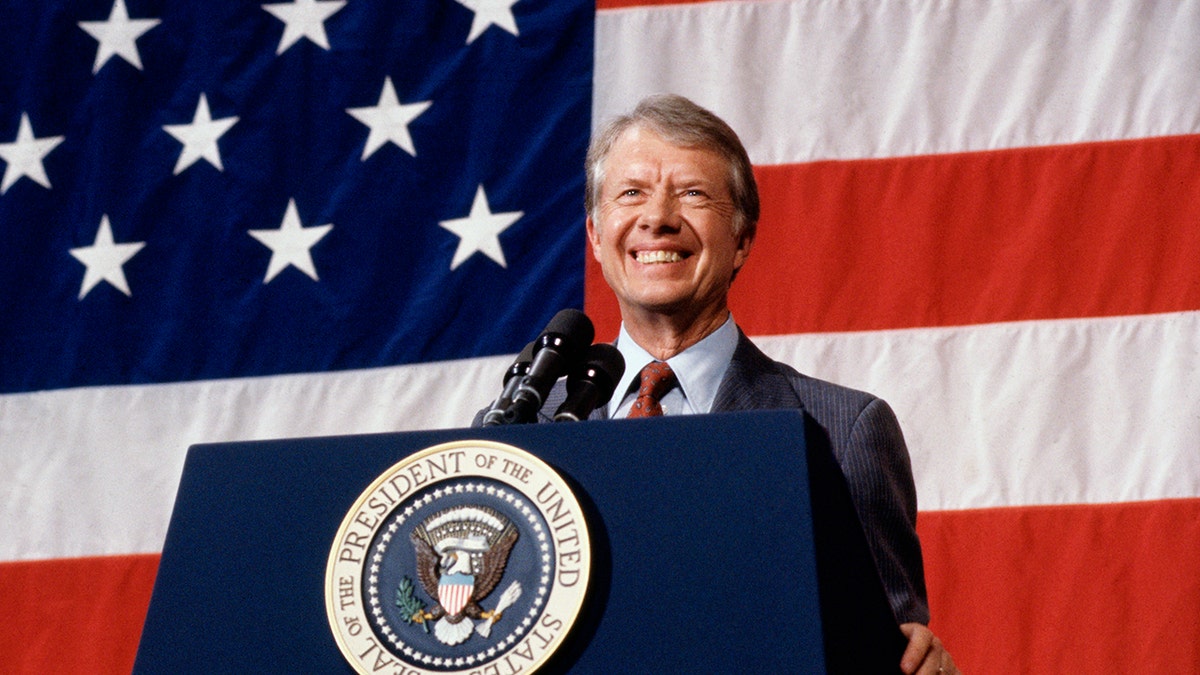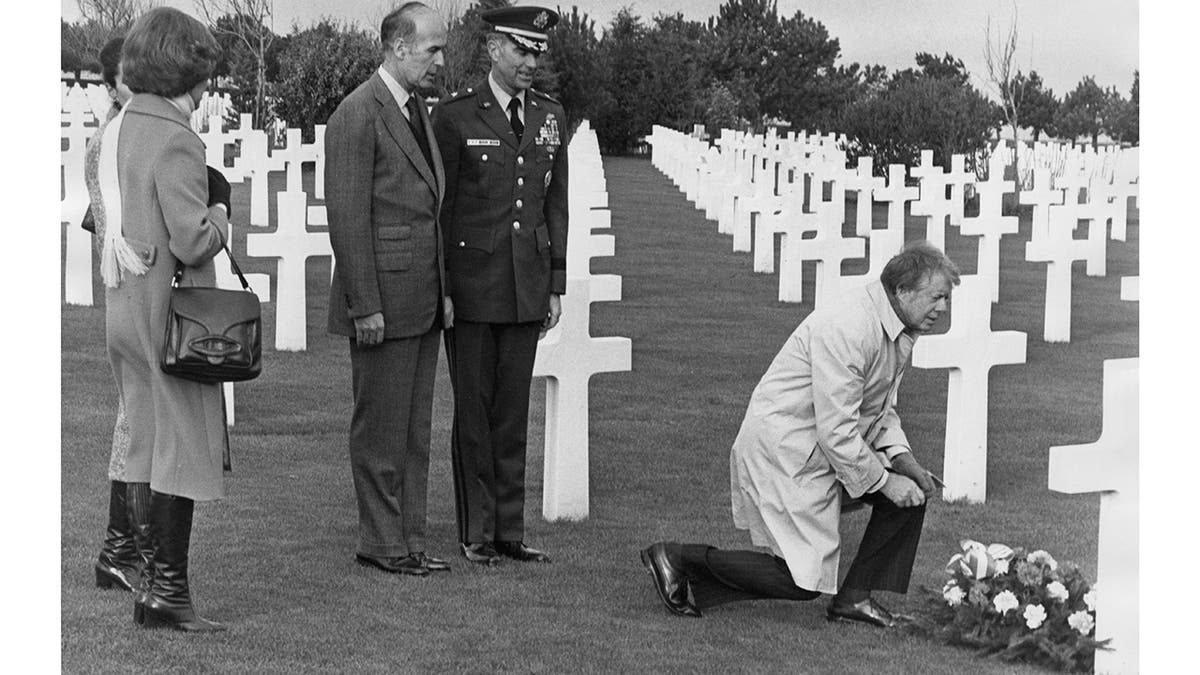When former President Jimmy Carter began attending First Baptist Church in Washington, D.C., it presented a unique opportunity to observe his faith firsthand. I joined his Sunday School class, a practice he'd continued from his time in Plains, Georgia. Carter proved a knowledgeable and engaging teacher, deeply familiar with scripture. I even had the memorable experience of leading the class at his request.
One Sunday after service, we gathered downstairs for coffee. A basket sat on the table, requesting 25 cents per cup. Carter, after checking his pockets, realized he was without funds. Rosalynn, his wife, was similarly empty-handed. Lightheartedly, I remarked on the irony of a U.S. president unable to afford coffee. I offered him a quarter, which he accepted with a chuckle.
Years later, after his presidency, we encountered each other at an event. Recalling the coffee incident, Carter pulled a quarter from his pocket and handed it to me, declaring us “even.” That quarter remained on my desk for years, a personal memento of a shared moment.

Carter's open embrace of his born-again Christian faith during the 1976 campaign puzzled many in the media. Some commentators downplayed its significance, failing to grasp its deeper meaning within the evangelical tradition. Carter's religious conviction undoubtedly resonated with a segment of voters, contributing to his victory over Gerald Ford.
However, by 1980, many of these same voters shifted their support to Ronald Reagan. This wasn't necessarily due to doubts about Carter's sincerity, but rather a divergence in how his faith manifested in policy. His appointment of Sarah Weddington, the attorney who argued Roe v. Wade, and his inclusion of same-sex couples in the White House Conference on Families clashed with the views of many conservative Christians.

Some analysts, like Mark Tooley of the Institute for Religion and Democracy, viewed Carter's faith as aligning more with liberal Protestantism. Tooley pointed to Carter's foreign policy approach and his association with figures like Andrew Young, who later led the National Council of Churches, as evidence of this alignment.
Despite differing interpretations of his faith's political application, Carter’s regular church attendance inspired many to return to worship. He demonstrated qualities like kindness and good character, often described as “fruits of the spirit.” His commitment to human rights during his presidency and his work with Habitat for Humanity after leaving office reflected a dedication to service.
Regardless of one's agreement with his political choices, Carter's faith appeared deeply personal and genuine. And, as evidenced by the returned quarter, he was a man who honored his debts.
Comments(0)
Top Comments